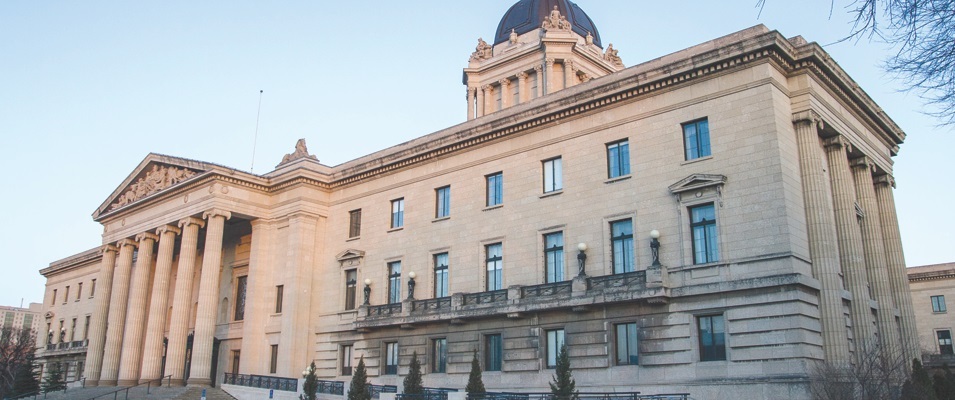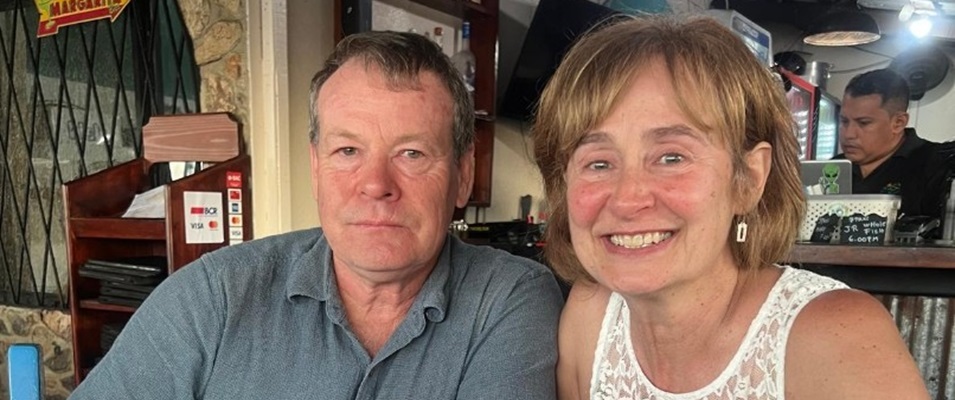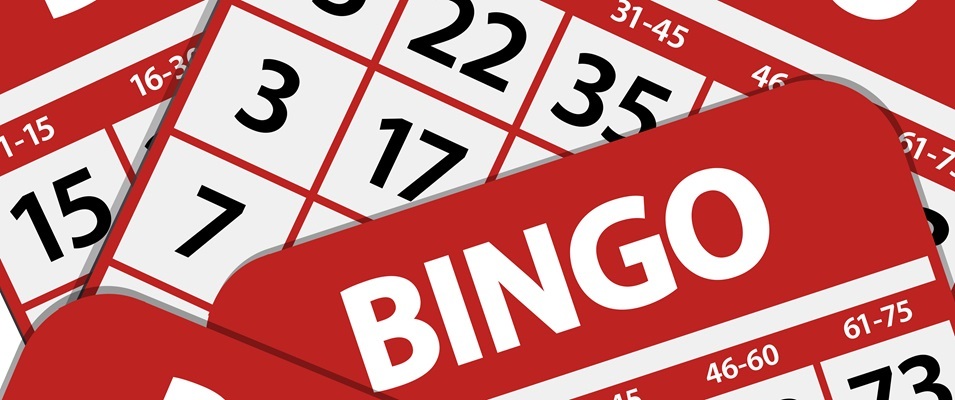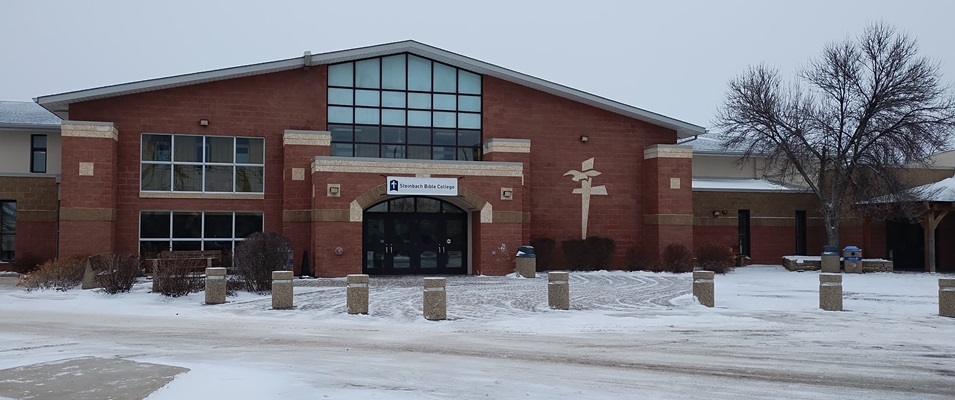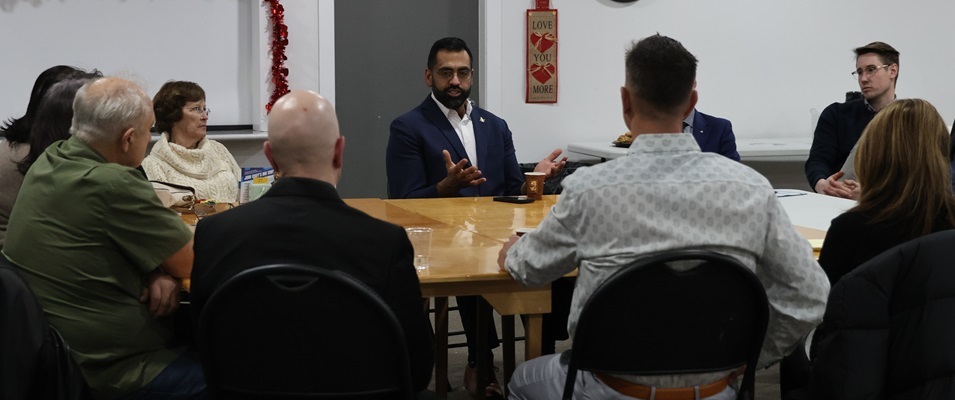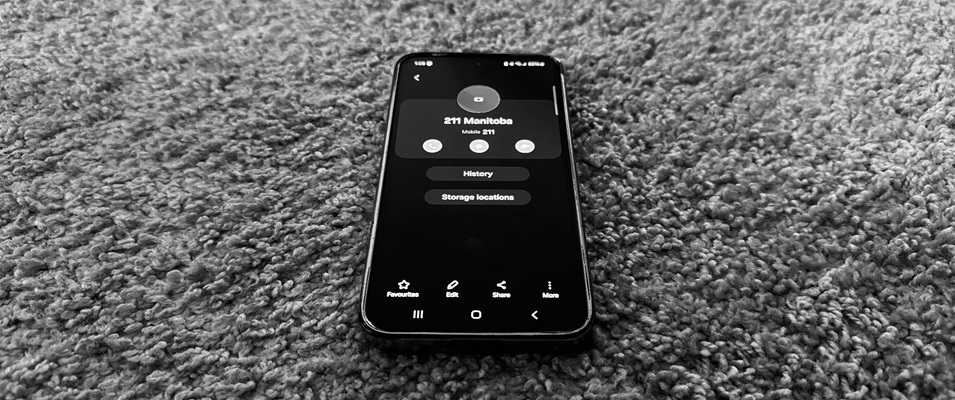
At some point, people’s lives can become a real struggle. It may be difficult to know where to turn for advice or help. That’s why 211 Manitoba was established.
211 Manitoba is a health and social services helpline that’s available to all Manitobans 24 hours of the day, seven days per week.
Facilitated through United Way Winnipeg, calls are answered by a live person navigator, there to point people towards resources for homelessness, parenting, victim support, debt services, income support, aging or 2SLGBTQ+ support, and almost any conceivable circumstance in which a person may find oneself.
This month, the province announced $510,000 in funding to United Way Winnipeg, earmarked for this important program.
“Part of making sure Manitobans can access the services and supports they need to thrive is helping everyone connect to these services,” said Nahanni Fontaine, Minister of Families. “211 Manitoba helps people identify, understand, and use government and community-based programs and services, including offering one-on-one support to Manitobans navigating complex systems like health care and social services.”
The 211 Manitoba helpline has a comprehensive resource database that can connect Manitobans with a wide array of services. Phone personnel can respond in more than 150 different languages, including four Indigenous tongues.
“When people go looking for help, research shows it can take as many as seven separate phone calls to reach the right community resource,” states the United Way Winnipeg website. “211 makes it easy for you to find social, government, and non-clinical health services close to home by dialling just one three-digit number.”1
According to the provincial government, the helpline has received calls from more than 52,000 people since it was introduced. It has also been an invaluable resource for frontline professionals seeking to assist their clients.
“We are so grateful for our relationship with the Manitoba government,” says Tammy Reimer, director of 211 Manitoba. “Without this support, we would not be able to continue to be a vital resource for thousands of Manitobans every year. With an increasing number of callers expressing more complex needs, it’s critically important 211 remains a first step to help for anyone who needs it… When we make it possible for people to easily reach out, find resources and begin on a path to healing, our whole community gets stronger as a result.”
As public awareness grows surrounding 211 Manitoba, it is hoped that other helplines such as 911, 311, and Health Links will see their lines freed up for calls that are better suited to their services.





